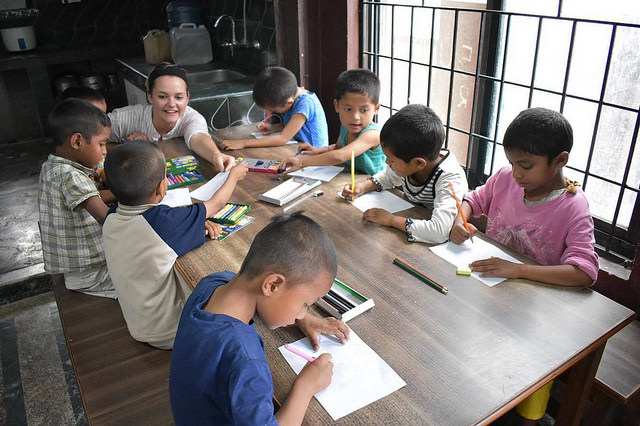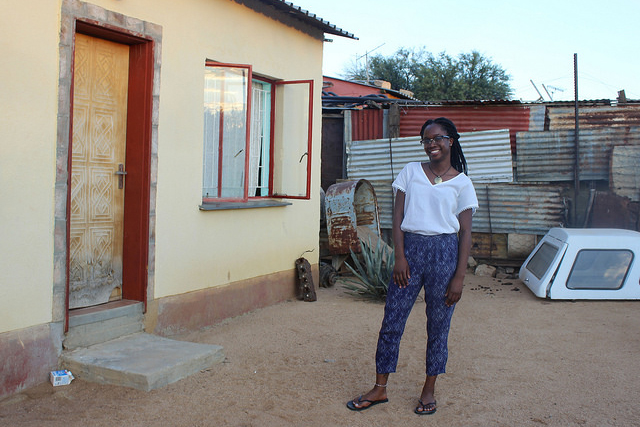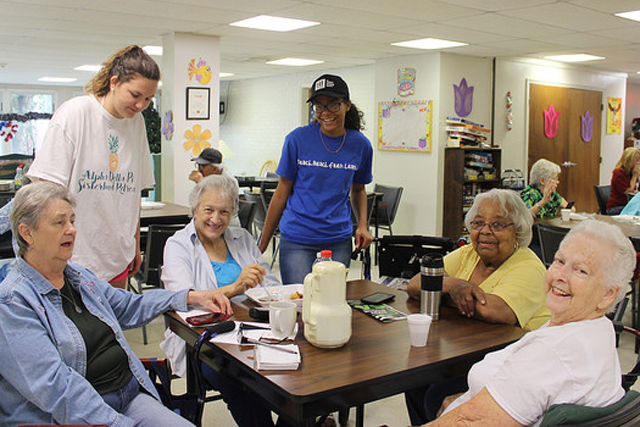The Center for Public Service works with dynamic partners in Namibia, Gettysburg, Tucson, and Nepal to provide summer fellowship opportunities to students who spend eight weeks learning about and engaging in the work of community action. Whether working on food security with the Latinx community in Gettysburg or training youth to become peer health educators in Omaruru, Namibia, the participants will have the opportunity to develop strong relationships and learn what it is like to tackle some of the world’s most challenging issues. This Fellowship is made possible through ongoing gifts from James Heston ’70 and reflects Gettysburg College’s commitment to community engagement in both local and global contexts.
In 2024, positions are only available at Gettysburg and Tucson. At each location, participating fellows will focus on daily community development, sharpening their understanding of the complexity of social issues. Each fellow will develop their own learning plan which they complete throughout the spring semester and summer experience.
All locations aim to provide a wide variety of opportunities for Fellows, participating in and implementing projects which assert cooperative solutions, reflecting local values and making use of appropriate technologies and ideas.
Whether students are working at a summer program for children in Gettysburg or training youth to become peer health educators in Omaruru, Namibia, the CPS Summer Fellowship Experience will provide participants with an opportunity to develop strong relationships and learn what it’s like to tackle some of the world’s most challenging problems.
Program Components
The Fellowship consists of the components below, which aim to provide students with the support needed to implement successful, sustainable projects in partnership with their host organization.
Orientation: Students meet with other CPS Fellows throughout the Spring semester, to engage in learning and dialogue around issues related to community development. Working with a CPS staff member, each Fellow will develop their individual learning plan during this time, which they will execute during the summer.
Host Organization Orientation: Students are introduced to their host organization and staff to gain a full understanding of the resources, people and projects currently in progress as well as health and safety information.
Professional Support: Program sites feature professional staff to guide students through the experience, assisting with the integration of every student into their host communities and ensuring that each student has access to the tools to be successful in the program.
Community Work: Each Fellow will work closely in the ongoing work of one or more community partners. This work will average 30 hours per week, leaving time for Fellows to read, research, and write for their individual learning plan.
Ongoing Education, Training and Reflection: Learning about social issues as well as developing professional skills in intentional ways are vital to developing and managing a sustainable work plan. Participants will meet regularly with a CPS staff member to discuss their learning plan and reflect upon experiences, ensuring the link between the theoretical and practical. This will help students deepen their understanding of themselves and the process of community development.
Celebration/Presentation of Projects: All participants will give a brief presentation to CPS professional staff and community partners at the conclusion of the fellowship. There are myriad options for the content of the presentation; examples include a report on research conducted during the summer, a product created for a community partner, a creative work reflecting a participant’s learning.



